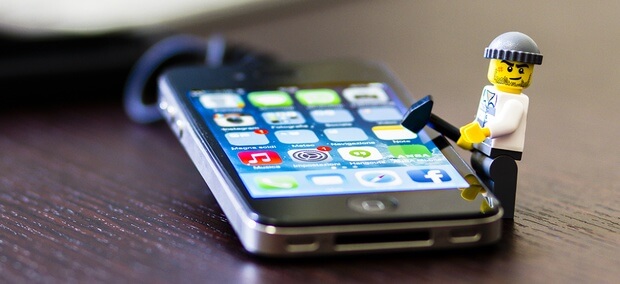New Version of iOS Makes Quiet Changes to How Apps Use Your Location
At Apple’s annual WWDC event this year, the company made a host of big announcements. Chief among them was the unveiling of the next iteration of iOS, version 11. While they highlighted many of iOS 11’s new features during the conference, some other changes flew under the radar. One of those is a big tweak to the way apps on your phone can use your GPS location information. If you have ever used Uber, you may have encountered problems with its functionality if you’ve disabled location services. Uber is not the only app that continually requests user location information, but it has been subject to some of the most high-profile allegations of abuse.
In response to these concerns, Apple has enabled what was previously a developer-only option. Now, users can specify that apps are only allowed access to GPS data while running. If an app has been in the background or completely closed for an extended period, it loses the right to access your location. Users can now enable this setting for any app, extending their ability to control their privacy on iOS devices.
Besides blocking companies from abusing their capacity to access your location, users should also expect to see some improvements in battery life as a result. Constantly polling your location from GPS satellites can consume a significant amount of power, as anyone who has navigated via any maps app on a long car trip knows. By instituting an automatic shut-off valve for that data, you could see a reduced strain on your battery.
After Uber’s attempt to shift the blame for its tracking activities back onto Apple, the incorporation of this change is a welcome sight. Users should always have the final say over how apps use and interpret their data. Whether it is a ride-sharing app or an app for forecasting the weather, your location should only be used if is absolutely necessary. With this new option, that is finally the case in iOS.
Apple has not yet set a release date for iOS 11. Unfortunately, it will not be available to users of the iPhone 5s and older devices due to hardware limitations. Those users will still be subject to always-on or always-off location tracking and should consider their options carefully with regard to privacy.


